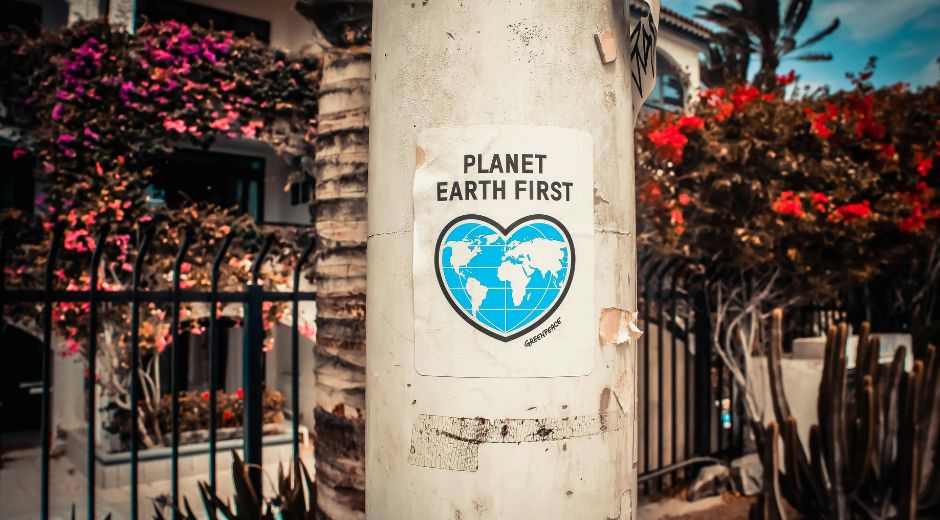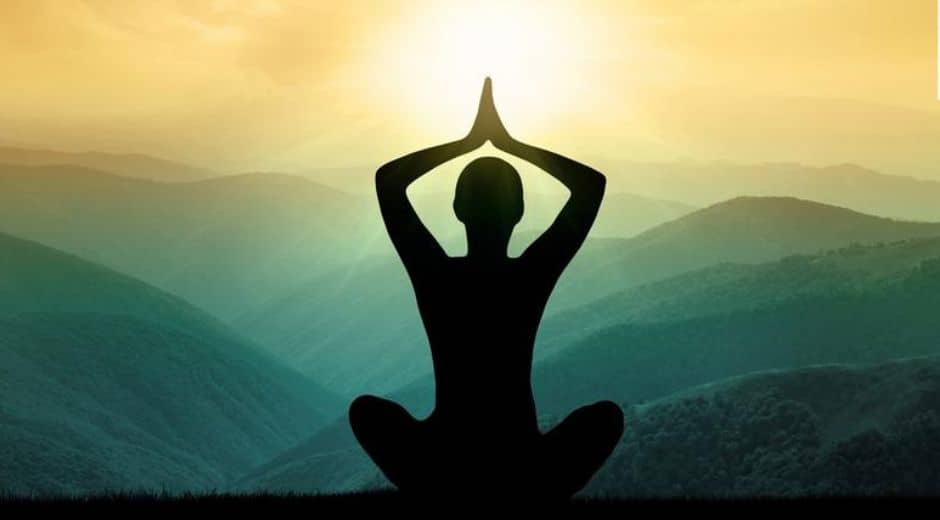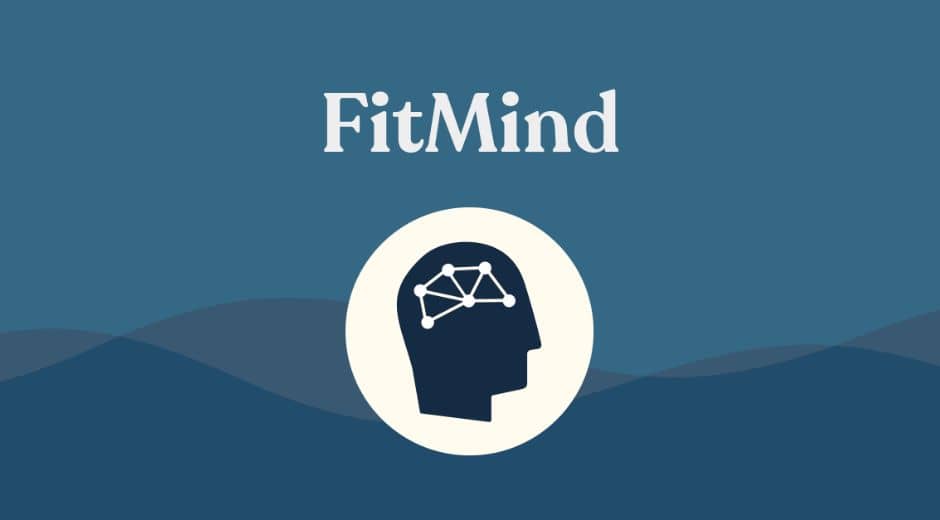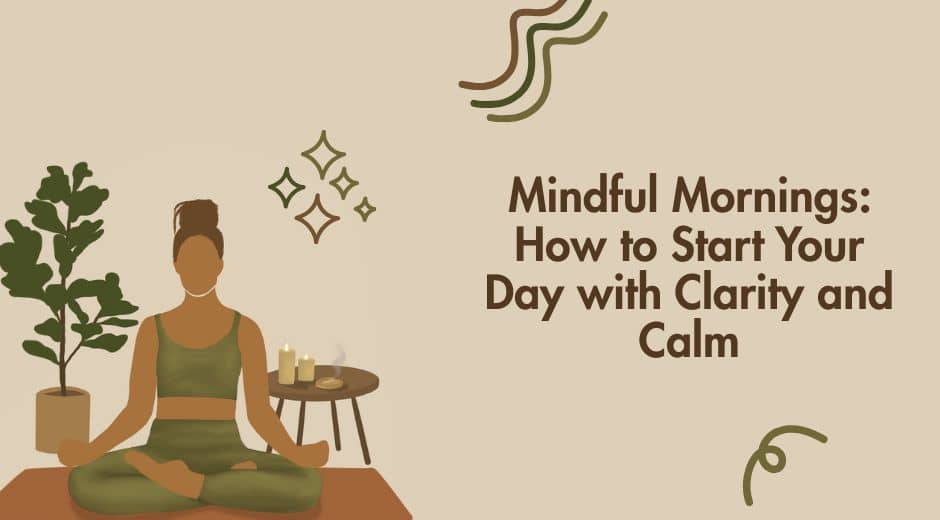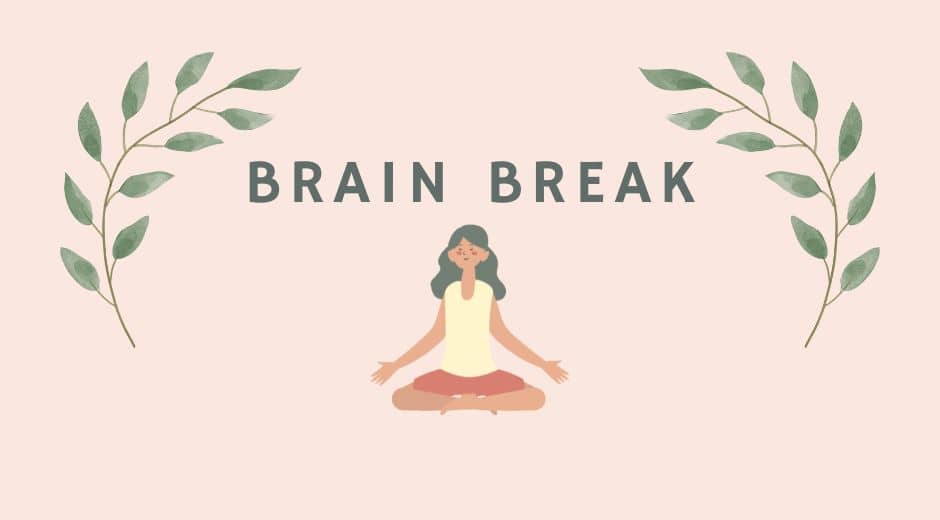Expanding Awareness: The Key to Emotional and Mental Freedom
In a world of constant noise and motion, awareness is the quiet force that grounds us. It is the foundation of mindfulness, the gateway to emotional stability, and the compass for conscious living. Awareness allows us to observe life as it is, without being trapped in reaction or confusion. It helps us see the patterns that shape our behavior and empowers us to choose differently.
Awareness is more than noticing your surroundings. It’s the deep inner clarity that connects thoughts, emotions, and sensations into understanding. When awareness expands, everything changes—stress softens, focus strengthens, and peace becomes accessible in the midst of chaos.
Understanding Awareness
Awareness is the state of being fully conscious of your internal and external world. It’s the observer within—the part of you that sees thoughts without becoming them.
Imagine walking through a busy city street. You hear the sounds, see faces, feel the air, and experience movement all at once. Awareness is the thread connecting all these experiences. It allows you to witness without judgment.
Philosophers and spiritual teachers have long described awareness as the essence of self-realization. But modern psychology also recognizes its importance. According to American Psychological Association, awareness enhances emotional regulation, decision-making, and stress resilience.
Awareness bridges the conscious and subconscious mind. When we notice what we feel and think in real time, we begin to understand why we act as we do. That understanding is the first step to freedom.
The Layers of Awareness
Awareness operates on multiple levels. Understanding these layers helps you navigate both inner and outer life more effectively.
1. Physical Awareness: The ability to feel sensations in the body—heartbeat, breath, posture, and movement. This layer connects you to the present moment and helps manage stress.
2. Emotional Awareness: Recognizing feelings as they arise. Instead of reacting impulsively, you observe emotions like waves, understanding their message without letting them control you.
3. Mental Awareness: Watching your thoughts as they come and go. Mental awareness is the foundation of mindfulness meditation and cognitive clarity.
4. Spiritual Awareness: A deeper sense of connection beyond the self—recognizing that your existence is part of something larger and interconnected.
These layers weave together to form a holistic state of consciousness. Awareness isn’t built in isolation; it develops through attention, reflection, and consistent practice.
Why Awareness Matters
Without awareness, we live on autopilot. We repeat patterns unconsciously, reacting rather than responding. Life becomes a series of habits instead of a series of choices.
Awareness transforms that dynamic. It allows you to pause before reacting, to listen before speaking, and to understand before judging. This small shift changes everything—from relationships to work performance to mental health.
When awareness expands, control turns into clarity. You no longer need to suppress emotions or force change. Instead, transformation happens naturally because you begin to see clearly what is true.
As discussed in BodyWellnessGroup.com’s Mindfulness section, awareness is the foundation of all growth. It’s the first step in emotional healing, stress reduction, and mindful living.
Cultivating Awareness in Daily Life
Awareness is a skill. Like any skill, it grows stronger through practice. Here are simple, practical ways to cultivate it every day.
1. Start your day in silence. Spend five minutes observing your breath before checking your phone or speaking. Notice how your body feels and what thoughts arise.
2. Practice body scanning. During the day, close your eyes for a moment and mentally scan from head to toe. This anchors you in the present and releases tension.
3. Observe emotions as they happen. When you feel frustration, sadness, or joy, label it gently: “I am experiencing anger” or “I feel content.” Naming emotions helps prevent them from taking over.
4. Journal with intention. Write about your experiences without editing or analyzing. This helps reveal unconscious patterns and triggers.
5. Listen deeply. When talking to others, focus entirely on their words, tone, and energy instead of preparing your next response. Awareness in communication builds connection.
Awareness is not a dramatic event but a gradual awakening. Every small observation is a victory.
The Science of Awareness
Modern neuroscience confirms that awareness changes the brain. Practices that enhance awareness—like meditation and reflective journaling—strengthen regions responsible for attention, empathy, and emotional regulation.
Research from Harvard Medical School shows that mindful awareness reduces amygdala activity, the brain’s stress center, and increases gray matter in the prefrontal cortex, which governs decision-making and compassion.
This means awareness doesn’t just make you feel calmer; it rewires the brain for resilience. Over time, you become less reactive, more centered, and better able to navigate life’s ups and downs.
Awareness is neuroplastic—it grows with use. The more you notice your thoughts and feelings, the more your brain learns to operate from calm observation rather than impulsive reaction.
Emotional Awareness and Inner Freedom
One of the greatest benefits of awareness is emotional intelligence. Most emotional suffering comes not from emotions themselves but from resistance to them. When awareness is present, emotions are allowed to move through rather than become stuck.
Instead of saying “I am angry,” awareness says, “I notice anger arising.” This small linguistic shift changes your entire relationship with emotion. You become the observer, not the emotion itself.
Through this process, awareness brings emotional freedom. You no longer suppress or overindulge in feelings; you understand them. Each emotion becomes information rather than identity. This clarity makes room for peace.
Awareness and Relationships
Awareness deepens connection. When you are aware of your emotions and patterns, you communicate more authentically and listen more compassionately. Relationships thrive on presence, not performance.
Often, misunderstandings occur because we react from past wounds rather than current reality. Awareness helps you pause and ask: Is this response about now, or is it from something old? That question alone can transform conflict into understanding.
In relationships, awareness fosters empathy. You become better at sensing others’ emotions and meeting them with patience rather than defensiveness. Awareness doesn’t just make you mindful—it makes you kind.
Awareness as a Stress-Reduction Tool
Awareness also has powerful effects on stress. When you recognize tension in the body or anxious thoughts early, you can address them before they escalate. Awareness interrupts the cycle of stress and helps restore balance.
Simple techniques like breath awareness can reset your nervous system within minutes. Paying attention to each inhale and exhale slows the heart rate and signals safety to the brain.
Over time, awareness builds what psychologists call response flexibility—the ability to stay calm and deliberate under pressure. Instead of reacting instinctively, you respond intelligently. This is one of the most practical gifts awareness offers.
Awareness in Movement and Exercise
Physical awareness enhances fitness performance and prevents injury. When you exercise with awareness, you notice alignment, breathing, and muscular engagement. This leads to better technique and greater endurance.
Yoga, tai chi, and mindful walking are excellent examples of awareness-based movement. They connect body and mind through deliberate focus. Even during simple workouts, tuning into your body’s signals helps you train smarter, not just harder.
Awareness in movement transforms exercise into meditation in motion—a practice that strengthens both muscles and mindfulness.
Barriers to Awareness
Despite its simplicity, awareness can feel challenging. Distractions, overthinking, and emotional avoidance often block the ability to stay present.
Common barriers include:
Constant stimulation: Phones, screens, and notifications fragment attention.
Judgment: Overanalyzing experiences instead of observing them.
Avoidance: Resisting uncomfortable emotions or thoughts.
Fatigue: A tired body and mind struggle to sustain awareness.
The solution lies in patience and consistency. Awareness grows like a muscle—it strengthens with repetition. Forgive distractions, return to focus, and repeat. That’s the essence of practice.
Expanding Awareness Beyond the Self
As awareness deepens, it extends beyond personal experience. You begin to sense the interconnection between yourself and the world around you. This broader awareness fosters compassion and responsibility.
You realize that your wellbeing is linked to the wellbeing of others, that your thoughts and actions ripple outward. This understanding leads naturally to sustainable choices, kindness, and community involvement.
Expanding awareness is not self-centered; it is self-transcendent. It reminds you that you are part of something greater, and that peace within contributes to peace around.
The Role of Awareness in Healing
Awareness is the foundation of healing—physical, emotional, and spiritual. Healing begins the moment you become aware of imbalance. Whether it’s noticing tension in the body, anxiety in the mind, or disconnection in the heart, awareness shines light where it’s needed most.
Once you see clearly, change becomes possible. You can choose to rest, seek help, or practice self-care. Awareness doesn’t always erase pain, but it transforms your relationship to it. Suffering often lessens when seen clearly and compassionately.
Building a Lifestyle of Awareness
Awareness is not limited to meditation—it’s a way of life. Integrating it into daily routines turns ordinary moments into opportunities for mindfulness.
Try practicing awareness in everyday tasks:
When eating, notice flavors, textures, and sensations.
When driving, feel your hands on the steering wheel and stay present with your surroundings.
When working, focus on one task at a time instead of multitasking.
When resting, notice the rhythm of your breath instead of reaching for your phone.
These micro-moments of attention accumulate into lasting awareness. Over time, you begin to live more consciously rather than mechanically.
Conclusion: Living with Awareness
Awareness is not about controlling life—it’s about being fully alive within it. When you cultivate awareness, you step out of automatic patterns and into conscious choice. You see with clarity, act with intention, and connect with authenticity.
In the quiet space of awareness, freedom emerges. The mind stops racing, emotions flow naturally, and the present moment becomes enough. Awareness transforms ordinary experiences into opportunities for growth, love, and peace.
To explore more tools for developing awareness and mindfulness, visit BodyWellnessGroup.com for daily articles, meditations, and personal wellness insights.
For scientific research on mindfulness and awareness-based living, read the studies and expert articles at American Psychological Association.
And if you’re ready to begin your own practice of conscious awareness, take the first step here: BioNatureVista
Awareness is not something to gain—it’s something to remember. It has always been within you, waiting for your attention to return home.
Wellness Made Simple

Body Reset Practices After Stressful Periods
Body Reset Practices After Stressful Periods
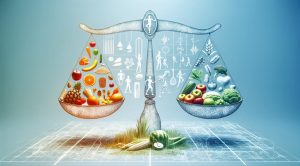
Energy Balance Habits For Sustainable Performance
Energy Balance Habits For Sustainable Performance

Holistic Body Care Beyond Exercise And Diet
Holistic Body Care Beyond Exercise And Diet

Physical Ease Practices For Pain Free Movement
Physical Ease Practices For Pain Free Movement

Why Athletes Load Manage: Protecting the Body for the Long Game
Why Athletes Load Manage: Protecting the Body for the Long Game

Wellness Rhythm For Balanced Daily Living
Wellness Rhythm For Balanced Daily Living

Building Body Resilience Through Consistent Habits
Building Body Resilience Through Consistent Habits

Movement For Wellness Without Overtraining
Movement For Wellness Without Overtraining

Calm Body Practices For Stress Sensitive Nervous Systems
Calm Body Practices For Stress Sensitive Nervous Systems

Rest And Renewal Practices For Mental And Physical Health
Rest And Renewal Practices For Mental And Physical Health
